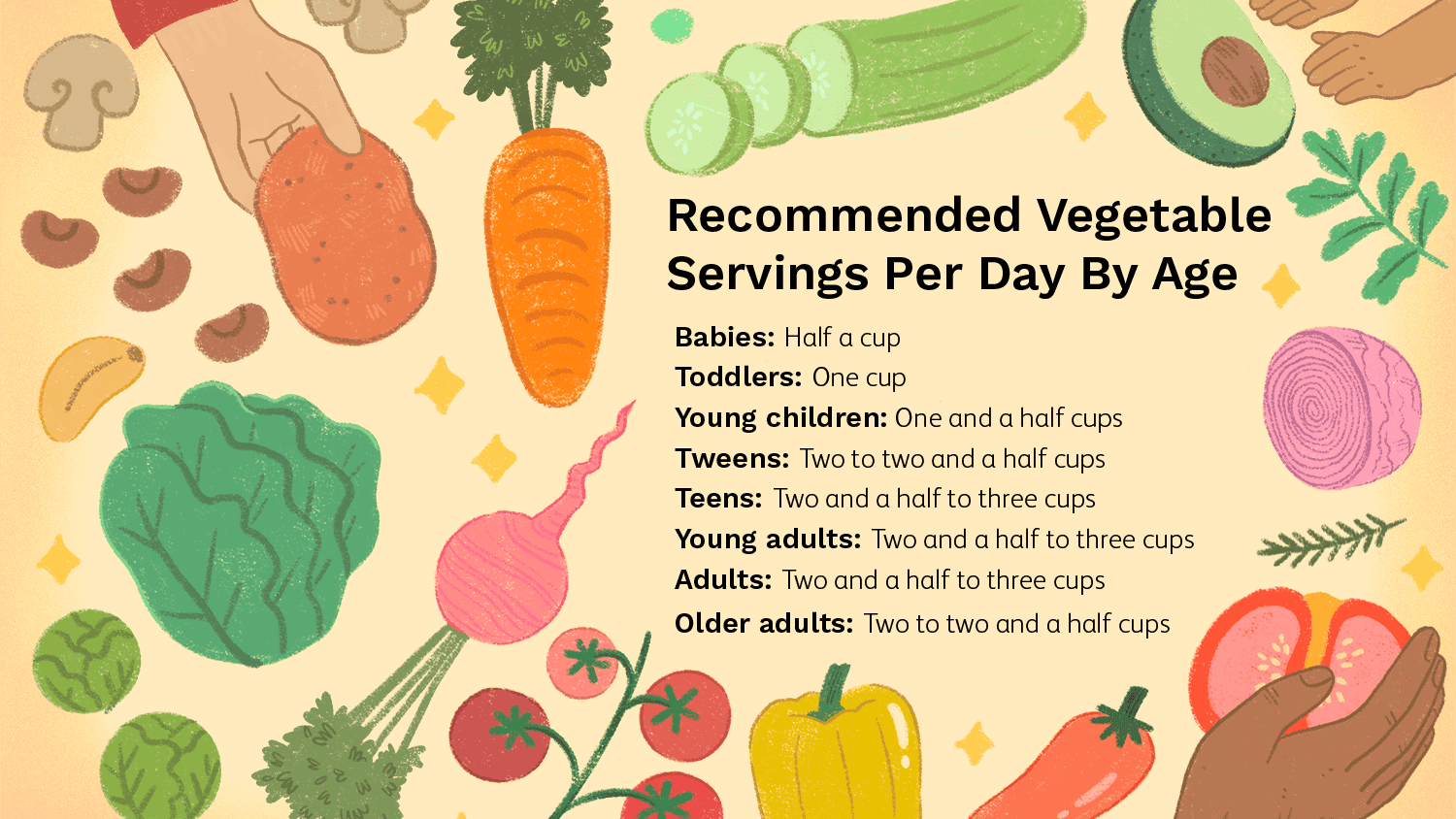
The Healthy Living Market and Cafe recently opened a new location near Williston. The cafe is situated at 129 Market St. It is the third location in the highly-regarded health food market. The brand is currently present in Saratoga Springs, Vt. The company is expanding beyond the Williston area. Middlebury, Vermont is soon to get a new store.
The market is the largest independent natural and organic grocery store in the area. The company also owns locations in South Burlington Vermont, as well as Saratoga Springs, N.Y. In its stores and cafe, the company has more than 325 employees. Its mission is provide a superior grocery experience to its customers. The business is committed to supporting local farmers by providing healthy, affordable food. It is also committed to supporting local farmers and is committed to a triple-bottom-line approach.
The Healthy Living Market and Cafe recently welcomed chef Michael Daley to its culinary team. He will also oversee the development of the company’s HL Fresh line, which includes prepared meals and salads. Chef Daley worked in kitchens with Michelin stars, AAA Five Diamonds and other prestigious awards. He was once the executive chef of Mourad Lahlou’s San Francisco restaurants. He was part of a mission to provide a sustainable alternative to fast-food chains and to help alleviate food insecurity.

Healthy Living Fresh is another new concept for food retail in Vancouver. The menu rotates regularly and emphasizes creativity, fresh ingredients, and creativity. Matthew Jennings is the VP of Culinary, Scott Como is the Culinary Director, and Derek Roberts and Jimmy Winslow are among the chefs. The Healthy Living Market will make it feel like you are in the city. If you are looking for a healthy lifestyle, the market has healthy food and drinks.
The Healthy Living Strategy has been implemented by federal and provincial governments. Quebec is not included. The strategy encourages regular physical activity and healthy eating to reduce the likelihood of developing chronic disease. The PHAC’s Healthy Living Unit works closely alongside counterparts across Canada in order to promote healthy lifestyle strategies. It will promote and implement policies that support physical activity and healthy diets. It will also help promote and support the healthy lifestyle of the citizens of Canada. More information about the Healthy Living Unit can be found here
FAQ
What foods should I avoid when trying lose weight?
Avoid foods that contain trans fats. Trans fats can increase LDL (the negative) cholesterol levels and decrease HDL (the positive) cholesterol.
Trans fats can be found in fast food, deep-fried foods, packaged baked goods, snack cake, and other processed foods.
These unhealthy fats also contribute to inflammation, leading ultimately to heart disease or diabetes.
Avoid foods that are sweetened with artificial sweeteners. Artificial sweeteners can increase your risk of developing cancer.
These chemicals are found in many products, including soft drinks, candy bars, chewing gum, as well as candy bars. They are also found in poultry, eggs, meat and fish.
Artificial sweeteners can be saccharin or cyclamate, sucralose, sorbitol or aspartame.
The American Heart Association recommends that these chemicals be avoided as they can damage DNA.
Egg is good for you?
All nutrients are contained in the egg. It supports strong bones, healthy heart, lungs, and stable blood sugar.
Eggs are an excellent source of protein, vitamins A, B12, D, E, K, calcium, phosphorus, iron, zinc, copper, magnesium, selenium, and riboflavin.
Egg yolks are high in cholesterol. The egg yolk does not contain saturated oil. Eggs contain less saturated fat than most other foods.
They are also low in calories and sodium. Because they can be cooked in almost any way that you wish, they are versatile. They can be poached or scrambled, baked, hard-boiled, or fried.
They are very nutritious and easy-to-prepare.
Two whole eggs should be eaten each day. Avoid eating eggs.
Our bodies need eggs to provide the essential nutrients they require. Try adding them to your daily diet today.
What is the best exercise routine to build muscle?
There are two major exercises that you should do when you want to build muscle mass. These are isolation exercises and compound moves. Isolation exercises target specific muscles while compound moves focus on multiple groups at once.
Your best option to improve your fitness is to work out with exercises that challenge all your major muscle group. This ensures that you are always working hard during each session.
To keep track of what you have done, use an app called MyFitnessPal. It allows you to log everything from calories burned to weight lifting. You can also make custom meal plans according to your goals.
Is Yoga Beneficial?
Yoga has been around for thousands of years and is now very popular. Yoga is very popular with celebrities as well as ordinary people who wish to be fit and healthy.
Yoga is great for strengthening your muscles and stretching them. Yoga is also great for calmening your mind and relaxing.
The primary difference between yoga and other forms is the focus on breathing techniques in yoga.
Practice a variety of poses to increase your flexibility and balance.
Do I have to exercise every single day?
No! You should do at least 30 mins of moderate-intensity activity 5 days per week. This could be walking fast enough so you feel slightly out breath or cycling hard enough to sweat.
Which is the best order to exercise?
It all depends upon what you are trying to achieve. First, lift heavy weights if you are looking to increase muscle mass. Next, you can move onto cardio. For those who want to lose weight or exercise, you can switch from cardio to strength-training.
If you just want to burn fat, start by doing cardio. Then add strength training after.
You should do cardio last if your goal is to increase muscle mass. This stimulates growthhormones, which helps build muscle mass.
Before you start your workout, it is a good idea to eat. This will give your muscles more fuel, so they work harder. It makes you feel better when you exercise.
Statistics
- Get free shipping and 25% off today. (healthline.com)
- Cardmembers earn 5% Back at Amazon.com with a Prime Credit Card. (amazon.com)
- According to the American Heart Association, blood pressure should be checked at least once every two years, beginning at age 20. (my.clevelandclinic.org)
- By John Thompson Take a whopping 38% off a set of PowerBlock Pros. (menshealth.com)
- An estimated calorie range for moderately active adult males falls between 2,200 to 2,800 calories per day, depending on age. (eatright.org)
External Links
How To
What nutrients does a person need every day?
Men require daily nutrition for healthy growth and development. Vitamins, minerals, vitamins, nutrients, carbohydrates, fats and fiber are all essential for the body.
You also need specific nutrients for different times in the day. You can see that your body uses energy to make hormones. Protein is needed to build muscles and repair tissue damaged when you wake up.
Your body burns fat at night and stores it as energy as glycogen. Your body has less energy but still requires enough nutrients during this time. You may have an occasional snack during the evening hours if you feel hungry.
Working out requires adequate carbohydrate and protein intake. You may feel sore muscles if you exercise hard.
You must ingest carbs and protein within two hours of training to prevent this. Your body will breakdown stored glycogen and provide you with glucose for energy.
Also, protein must be consumed immediately after your workouts. This prevents muscle tissue loss that happens while you sleep.
Lactic acid is produced by the body during periods of intense exercise. Your body can build up lactic acid in the bloodstream which causes fatigue. Avoid this by eating foods rich in carbohydrates such as fruits or vegetables.
Carbohydrates offer your body the energy it needs for recovery from exercise.
You may also want to include lean meats and fish, as well as yogurt, cheese, yogurt, beans and nuts in your diet.
All these foods are high-quality sources of protein. Protein promotes muscle growth, and helps repair damaged tissues. It provides amino acids that your body needs in order to produce sexhormones and testosterone.
A healthy skin, nails and joints requires sufficient dietary fats. Healthy men should consume between 20% to 35% of their daily caloric intake from fat.
Fat is good for your heart and helps you fight cancer. It also keeps your brain functioning properly.
You can get most of the fat you need from vegetable oils like olive oil, sunflower oil, corn oil, soybean oil, peanut oil, and safflower oil.
These oils are high-in monounsaturated, unsaturated fatty acid (MUFAs). MUFAs are good for lowering cholesterol and reducing inflammation. They protect your cells against free radical damage.
Saturated fats (SFAs) are found mostly in animal products like meat, dairy products, and butter. SFAs increase LDL ("bad") cholesterol, and increase triglycerides. They can also increase weight and reduce belly fat.
Plant-based oils such as vegetable oil, nuts, seeds, or grains are rich in polyunsaturated fats (PUFAs). PUFAs can improve cardiovascular function and reduce inflammation. They help to control blood sugars and cholesterol.
Men with low HDL ("good") cholesterol often suffer from erectile dysfunction. High consumption of saturated fats increases bad cholesterol, which lowers the level of good cholesterol.
Men who eat lots of red meat or pork can develop prostate problems. This is because these foods contain high amounts of nitrates. Nitrites convert to nitrosamines when cooked at high temperatures. These compounds can cause cancer.
Many processed meats are high in nitrites, and other dangerous chemicals. Avoid them completely.
The American Heart Association recommends limiting red meat intake to two meals per week. Instead, choose poultry or fish, beans, tofu and whole grain bread.